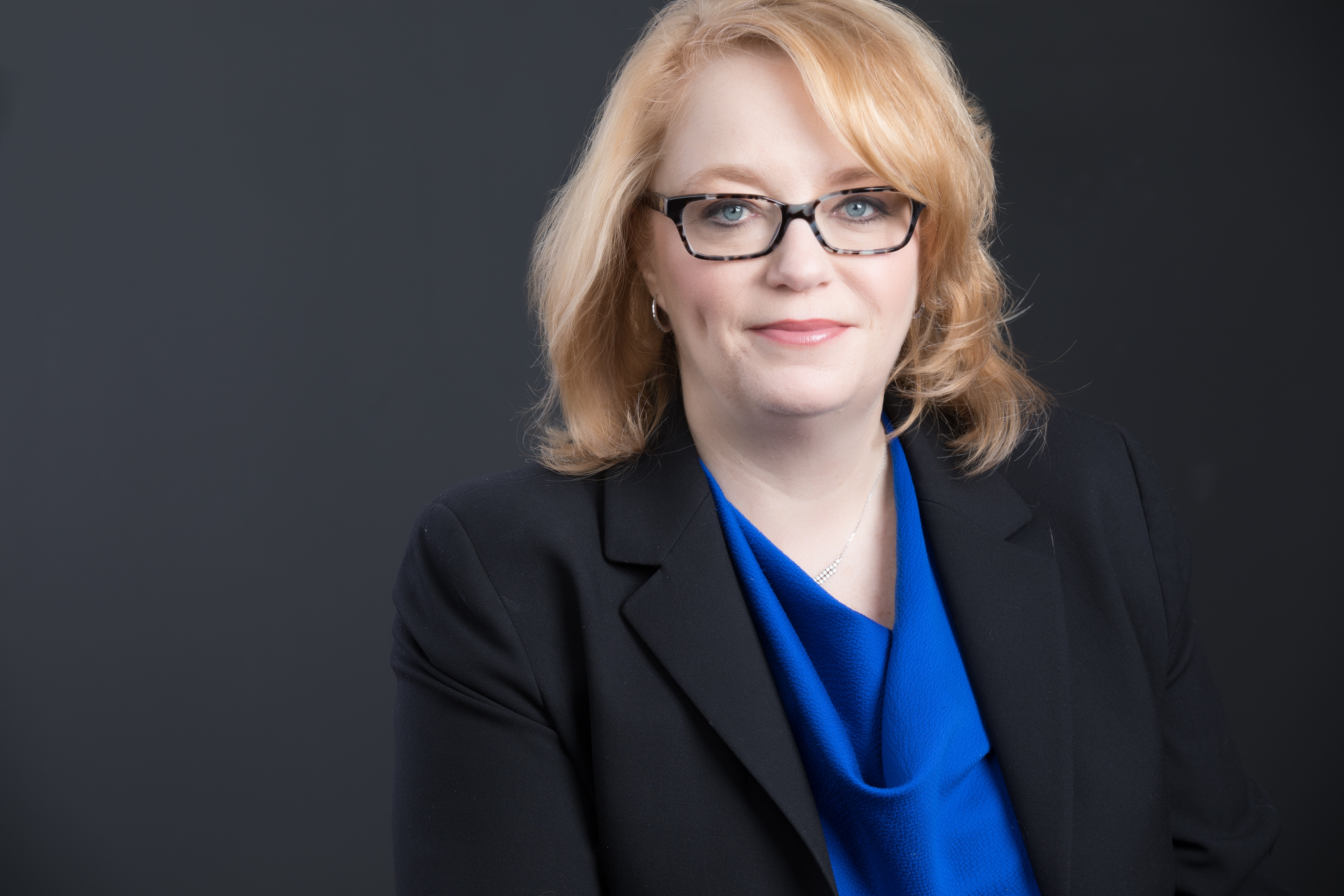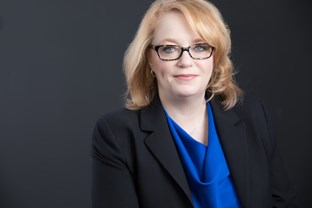Leading experts in the community-based organization (CBO) space will join together for an open panel discussion about firsthand experiences, strength and constraint areas, and bridging the gap between health care partners-a necessity for continued improvement in social determinants of health (SDoH), according to Denise Harlow, chief executive officer, National Community Action Partnership. Harlow will moderate the panel on June 10, the first full day of this year’s virtual summit.
The RISE National Summit on Social Determinants of Health will be held virtually on June 9-11 instead of in Nashville.

 Harlow, pictured right, will be joined by panelists Zara Marselian, president and CEO, La Maestra Family Clinic, Inc.; Kristen Daugherty, LCSW, LISW, MBA, chief executive officer, Emergence Health Network; and Sharon Goodson, CCAP, executive director, NC Community Action Association. The panel will share insights on how CBOs help families navigate access to health and human services in areas like food, shelter, heating/cooling assistance, transportation, and clinic-based services to directly impact SDoH, says Harlow.
Harlow, pictured right, will be joined by panelists Zara Marselian, president and CEO, La Maestra Family Clinic, Inc.; Kristen Daugherty, LCSW, LISW, MBA, chief executive officer, Emergence Health Network; and Sharon Goodson, CCAP, executive director, NC Community Action Association. The panel will share insights on how CBOs help families navigate access to health and human services in areas like food, shelter, heating/cooling assistance, transportation, and clinic-based services to directly impact SDoH, says Harlow.
The panel discussion is a great opportunity for an open conversation about how CBOs can partner with others in the health care system and continue the drive for social good and healthy communities, she says. “We are open and willing as community-based organizations to be partners with health care payers, health care providers, hospital systems, and others. And we believe these partnerships keep people healthier over time.” Harlow hopes this level of partnership will be a key takeaway for attendees.
Collaboration has been a struggle in the past due to existing tensions between the private and public sectors. It’s an important conversation because both sides would benefit from financial and programmatic collaboration, she says.
Oftentimes, the health system is much more well-funded than the human services side, so if the organization invests in CBOs to further their ability to address areas like SDoH, this will lower health system costs in return, Harlow explains. “We really want this to be a business relationship that works for both sides of the equation financially.”
CBOs come with less overhead and can be nimble and efficient in partnership with the health system to target a neighborhood or population, she says. It’s also less expensive than starting programs like affordable housing, shelter services, food banks, and transportation systems from scratch, she explains. By collaborating and funding specific programs and services, the health system can provide the needed resources these smaller organizations need, she says.
“We are oftentimes the trusted entity with families who are struggling in our communities, whether as a Federally Qualified Health Center (FQHC) or Community Action Agency or another CBO, and that trust factor when you’re dealing with the social determinants is really critical.”
They may be smaller in size, but Harlow assures organizations like FQHCs, Community Action Agencies, non-profits, and other health clinics can save significant dollars “upstream” for the health system.
A Community Action Agency in San Luis Obispo, Calif. is the perfect example, she says. The CAP agency assists veterans released from the emergency room who are struggling with housing by providing shelter, food, and other services to prevent readmission. Initiatives like this can save the health system substantially in terms of decreased emergency room readmissions, according to Harlow. “Significant money can be saved,” she says. “If we were able to address food, shelter, and safe living environments, those families would be so much healthier, and it would decrease the cost and usage of the health care system. It’s a dual bottom-line.”
“If we really are looking to save money upstream, provide a better product, and keep families healthier, we need the health care systems partnership in this work.”
The RISE National Summit on Social Determinants of Health will take place June 9-11, 2020 as a virtual event. Click here to see the full agenda and here to register.

